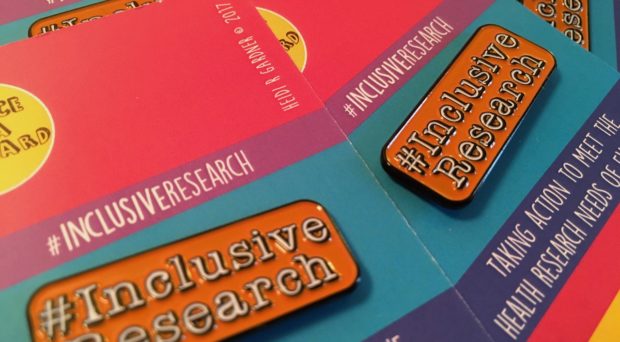
We do randomised trials to improve healthcare decisions, decisions that may have a lasting influence on people’s health. Every day the public, patients, healthcare professionals and policymakers make decisions about healthcare, their own or that of others. Randomised trials can help to make those decisions more informed.
Or at least they should. As Archie Cochrane noted, randomisation does not of itself promote the usefulness of a trial’s results anywhere, including where the trial was done. Central to that usefulness is who is in the trial – are the people in the trial like the people in the community with the healthcare problem the trial targets? If not we, and they, are in trouble because the trial will not help everyone it should. For those of us who design trials, an examination of our own trials may well lead to the unsettling realisation that the people in them are not like the people the trial is meant to serve and help.
This is an old problem. However COVID-19, a new problem, is shining a very bright, and very harsh, light on it with regard to black, Asian and minority ethnic communities, who are more likely to suffer severe illness and death from COVID-19 in the UK and the USA. Work published in June 2020 found that of 1,518 COVID-19 studies registered on ClinicalTrials.gov, only six studies were collecting data on ethnicity despite the role of ethnicity becoming apparent very early in the pandemic. The disproportionate impact that COVID-19 has on people from black, Asian and minority ethnic communities makes it absolutely crucial that they are adequately represented in trials to ensure that COVID-19 research improves the lives of everyone in society, not just some. Otherwise the pandemic becomes another factor contributing to widening health inequalities. Yet where data exist from previous trials (for instance cancer trials), people from ethnic minorities are included at rates far lower than we would expect given their share of the population.
In other words, considering ethnicity in trial design is not routine. Our frequent failure to collect ethnicity data means we have no way of knowing if our trials (any trial, not just COVID ones) truly represent the communities that they should serve.
This is what makes the UK’s National Institute for Health Research (NIHR) INCLUDE initiative, the roadmap for which was recently published in Trials, so important. Initiated in 2017, INCLUDE has run scoping reviews, surveys and stakeholder events to produce a road-map to steer development of guidance and initiatives to increase the inclusion of under-served groups in research. It’s an ambitious initiative. The list of under-served groups identified by INCLUDE is long and includes older people, black, Asian and ethnic minorities, those living in rural areas, the unemployed/low income, LGBTQ, people with cognitive impairments, pregnant women and those suffering from rare diseases. The list goes on.
Resetting things will take time but perhaps not as long as you might think in the UK. The link to NIHR, the UK’s largest funder of health and care research, means there is real potential for change: as any researcher knows, where funders lead, we follow. And NIHR is serious about tackling health (and other) inequalities, including improving inclusion in the research it funds. INCLUDE provides questions to guide the deliberations of funders, researchers and delivery teams as they design and assess clinical research proposals. It gives examples of good practice too. For ethnicity there are additional resources developed together with public and patient partners, Trial Forge, the Medical Research Council-NIHR Trial Methodology Research Partnership, the Health Research Board Trial Methodology Research Network and the Centre for BME Health. Hywel Williams, Director of the NIHR Health Technology Assessment program highlighted initiatives aimed at increasing involvement of people from black, Asian and minority ethnic backgrounds in his July Director’s message. There are grounds for optimism.
For research to improve the health of our communities, that research needs to serve the interests of everyone in them. Achieving this needs a systematic approach, starting with asking the right questions, designing inclusive trials, removing regulatory, financial and institutional barriers to inclusion, and most importantly, building long-term relationships with under-served groups. Crucially, we need to listen to what they say.
If a trial does not represent those in the community who could benefit, then it is a failed trial. If we as researchers ignore large sections of the populations we seek to serve we should not be surprised if they in turn ignore the inadequate evidence that we generate.
Comments